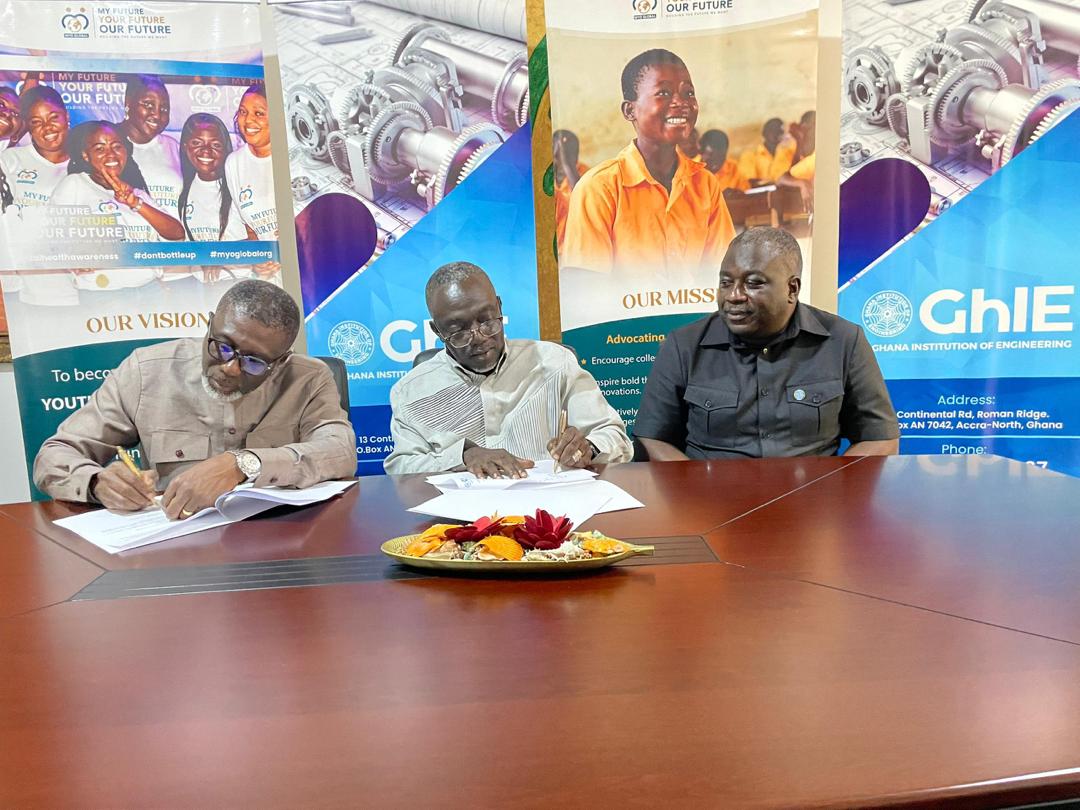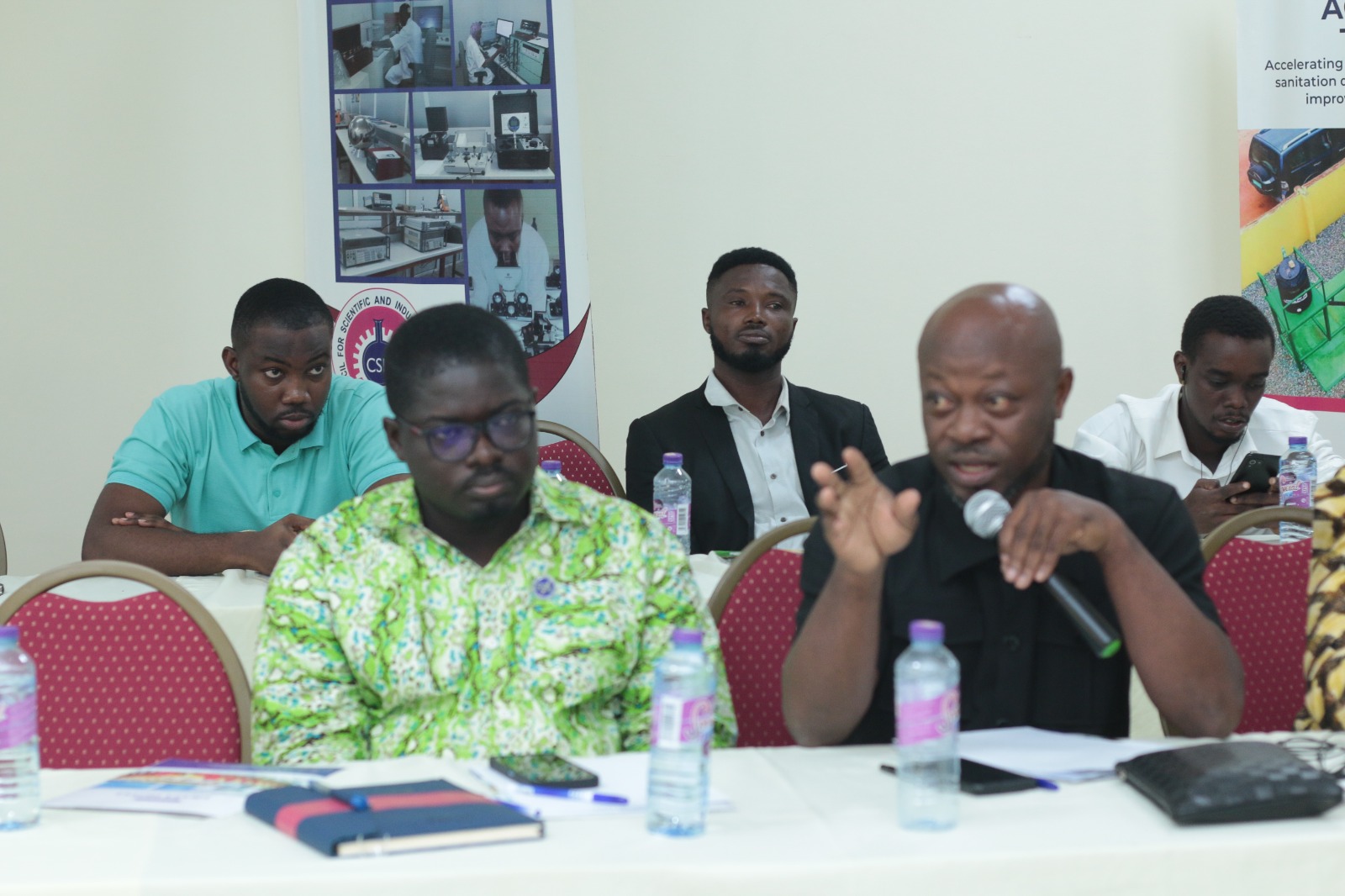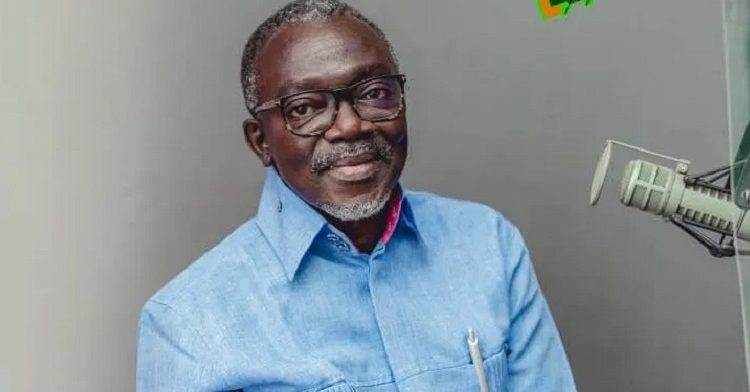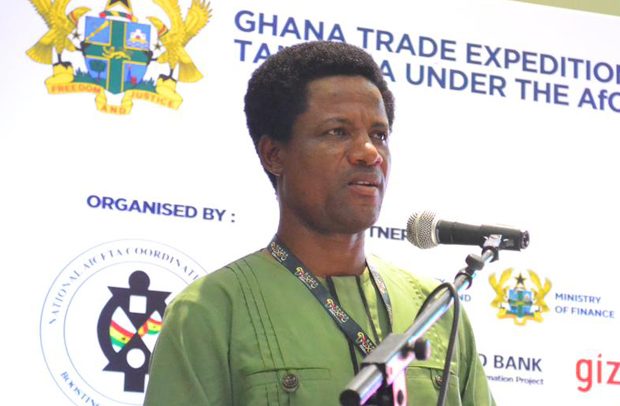
Professor Kwabena Frimpong-Boateng, the current Minister of Environment, Science, Technology and Innovation made the case for prioritising research during his inaugural lecture on October 7, 2003, at the Ghana Academy for Arts and Science.
He talks about the importance of learning from the past to build a stable democracy and boost transparency.
He also held that: “Technology is central to the development process and long-run term structural change is technology-driven.”
Find below his full speech
Perhaps the conditions which will ensure the future survival of the cardiothoracic centre are not medical at all but rather factors which border on the very survival of the nation as a whole.
We in Africa are involved in a struggle for our very survival.
It is a natural law that any group of living organism that are unable to feed, shelter, clothe, heal and defend itself cannot survive in the long run.
Again any group of living organisms that are unable to adapt themselves to changes in the environment will eventually find itself on the path of doom.
So far, it appears that, the present staff of the National Cardiothoracic has done what is humanly possible in our environment to establish and maintain a system that works.
However, it is obvious that we have we lag behind the developed world.
The reason for this is that Ghana lacks the technological capacity to cope with even basic requirements.
Again, it is obvious that the lack of capacity for the domestic capital-goods and the machinery production is a singular characteristic of our undevelopment.
The industrial environment of Ghana is extremely weak, lacking the capacity to produce the most basic tools and materials for manufacturing.
This lack of capacity for the capital-goods and machinery production also mean that even when machinery and equipment are imported, we lack the domestic capabilities to maintain the systems.
We can no longer afford to import everything from toothpick to aircraft and expect that the only way to prosperity is through investment by foreigners in our country.
Our so-called development partners have been coming and going for more than 400 years.
How on earth can anyone still believe that after they have taken us through slavery, colonialism, dislocated trade relationship and unworkable World Bank and IMF prescriptions, they are now prepared to help us out of “HIPC”?
The contradiction of our situation is that Africa spends about $4 billion annually to recruit and pay 100,000 expatriates to work in Africa but we fail to spend a proportional amount to recruit the 250,000 African professionals now working outside Africa.
Which country in the world has free money to give to Africans? The question we should ask ourselves is how did they earn that free money?
I am yet to be told of any of our development partners with whom we have a positive trade balance. It is unacceptable that about 80% of inputs into agriculture, education and health are from foreign sources.
We can make headway by confronting our problems ourselves. Indeed the private sector should grow but it is not enough just talk about creating enabling atmosphere for the private sector to grow.
The private sector in Ghana has no money, no knowledge, and no technology. How can anyone expect it to grow?
It cannot in its present state be the engine of growth. At best it is an engine block lying on the ground at a fitters shop. It needs to be fitted with all the other parts and then be put into a vehicle and the vehicle should have a driver.
As far as I am concerned, the measure of success of any leadership is not so much how many roads, schools, wells, electricity and other so-called development projects that it can provide.
Not even the quantum of foreign investment it can attract is a measure of success.
Rather success of true leadership is to what extent the leadership can mobilise the people to lead independent lives: to feed, shelter, clothe, heal and defend them.
Technology is central to the development process and long-run term structural change is technology-driven.
To perform open-heart surgery, one needs about 250 different articles, materials and machines, ranging from the common cotton gauze to the heart-lung machine. The sad thing is that every one of these articles is imported. It is impossible to sustain such a system.
Ghana needs a machine tool centre as a matter of urgency so that we will be in the position to manufacture most of the things that we need in our daily lives, including basic hospital supplies.
The technical schools, polytechnics, the University of Science and Technology should and all the scientific research institutions must be equipped now to help in the scientific and technological development of Ghana.
Without the ability to manufacture machines which will enable us to create wealth we cannot get anywhere.
The gap between us and the developed world is a technical gap and nothing else. Cardiothoracic surgery is mainly in the areas of science and technology.
To maintain our present position we needed to acquire the technology to make new materials and invent machines and processes.
In conclusion, if we are able to learn from the past, effect the necessary institutional and attitudinal changes in a stable democratic country and heal the two main national disease of corruption and lack of capacity for local capital goods production, we will be in the position to create wealth to ensure the future of cardiothoracic surgery in Ghana.
The post Flashback: Frimpong-Boateng’s 2003 lecture on research and technology-led development appeared first on Citinewsroom - Comprehensive News in Ghana, Current Affairs, Business News , Headlines, Ghana Sports, Entertainment, Politics, Articles, Opinions, Viral Content.
Read Full Story
























Facebook
Twitter
Pinterest
Instagram
Google+
YouTube
LinkedIn
RSS